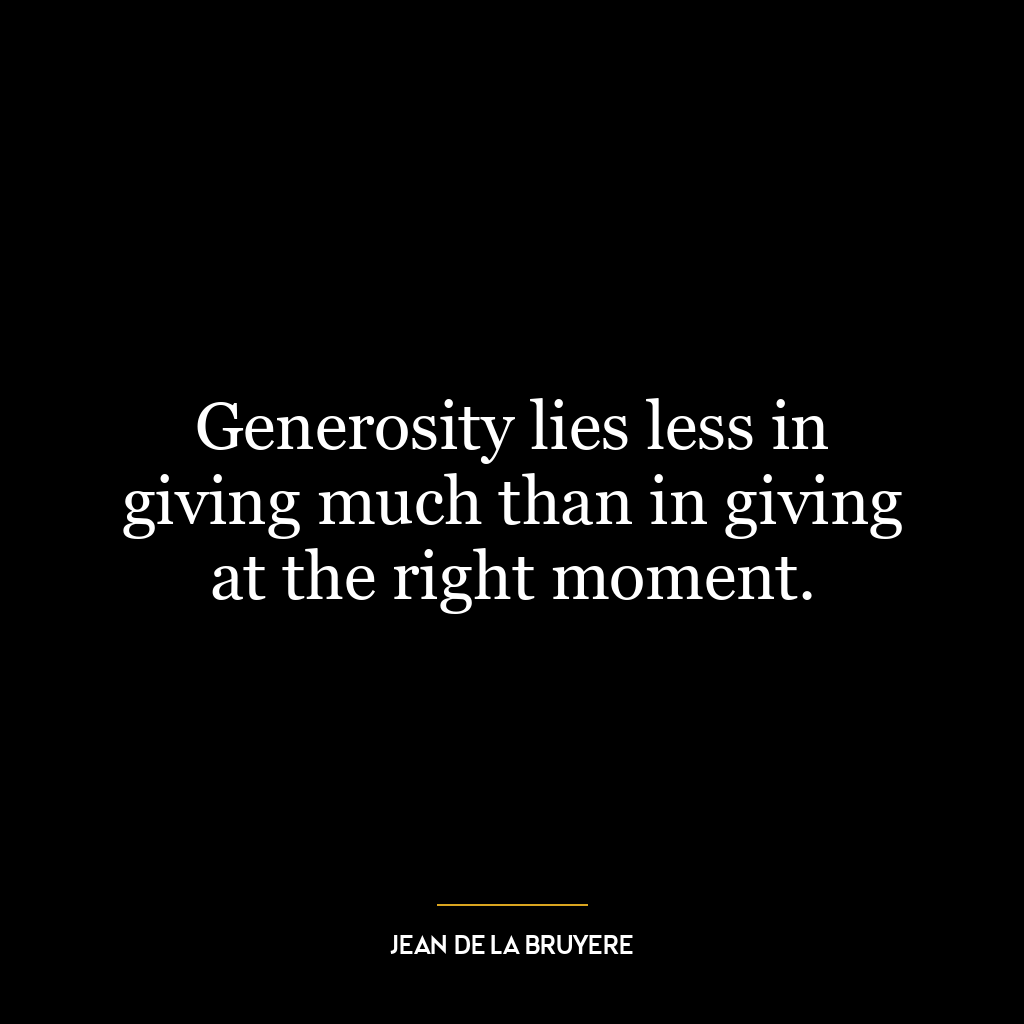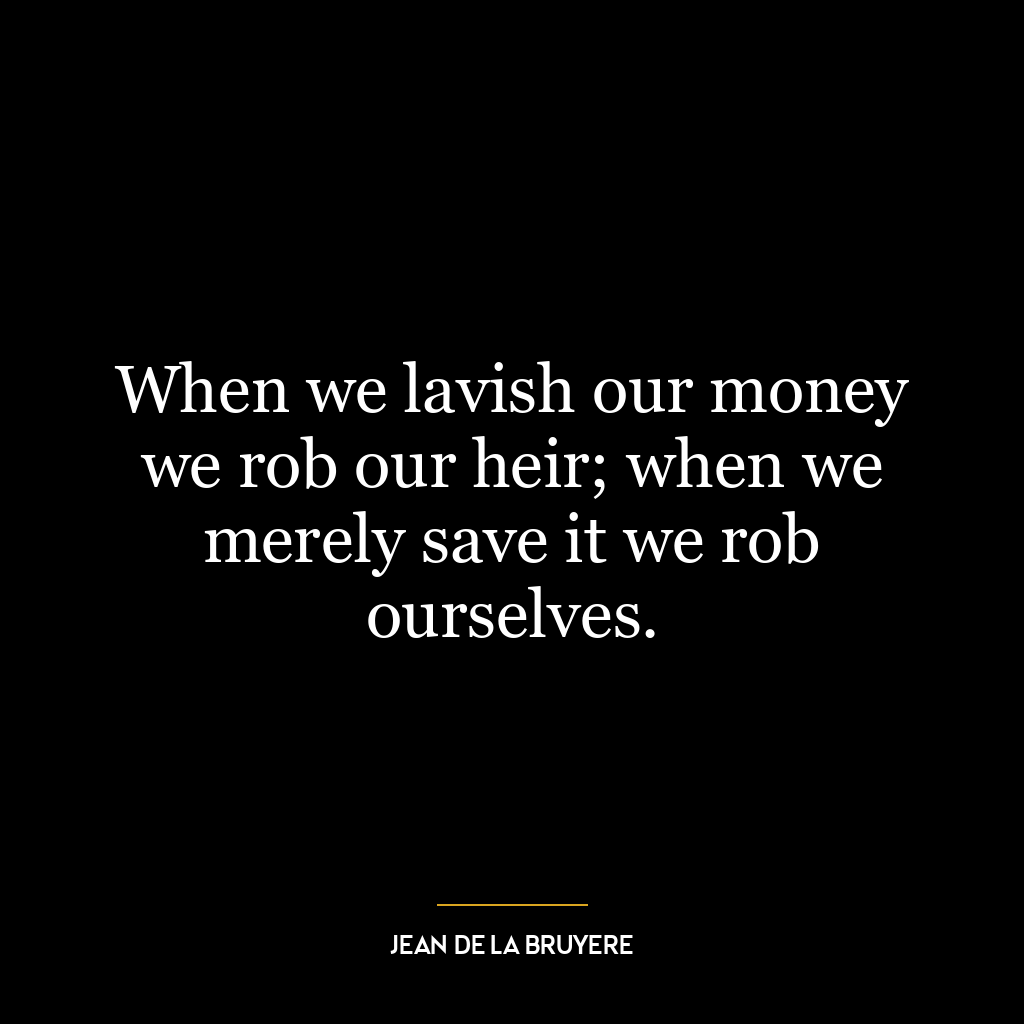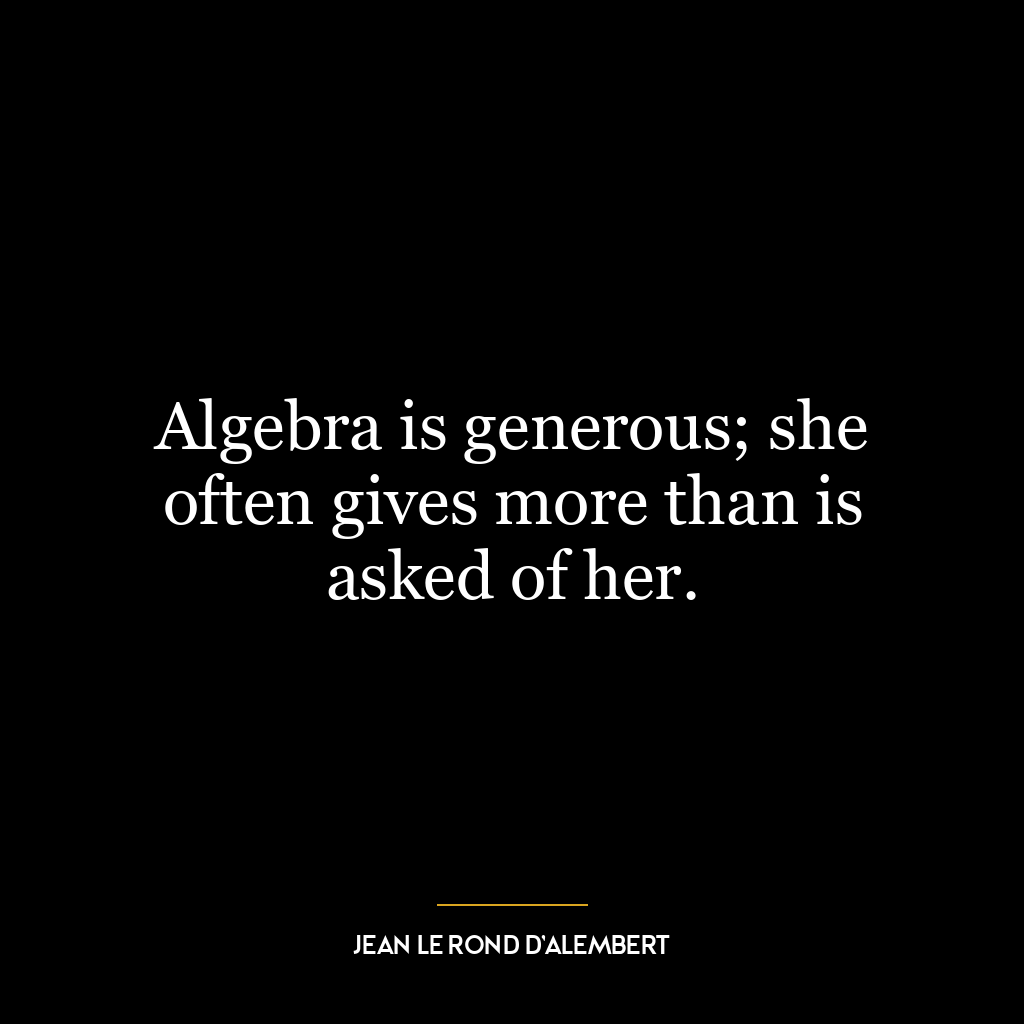Be not niggardly of what costs thee nothing, as courtesy, counsel, & countenance.
This quote essentially means that one should not withhold things that cost nothing, such as courtesy, advice, and support. These are things that are free to give but can have a great impact on others.
When Franklin talks about “courtesy,” he is referring to basic manners and respect. It costs us nothing to be polite and kind to others. Yet, a simple act of courtesy can make someone’s day or change their perspective.
“Counsel” refers to advice. Sharing knowledge or giving a piece of advice does not diminish our own understanding or wisdom. In fact, it often enhances it. By giving advice, we not only help others but also reinforce and broaden our own knowledge.
“Countenance” means support or approval. It’s about being there for others, offering a listening ear, or simply acknowledging their feelings or efforts. This costs us nothing but could mean everything to someone else.
Applying this concept in today’s world or in personal development, it encourages us to be generous with our intangible resources. In a society often focused on material wealth, it’s a reminder that some of the most valuable things we can offer are not physical or monetary.
In terms of personal development, it inspires us to cultivate a generous spirit. It’s about developing the habit of giving freely of what we have in abundance. This not only benefits others but also contributes to our own growth and fulfillment. It fosters a sense of community and connection, which are essential for personal and societal well-being.
Moreover, in the professional world, it could translate to mentoring others, sharing our skills and experiences, or simply providing emotional support to our colleagues. In our personal relationships, it may mean offering our time, attention, and emotional availability to our loved ones.
In conclusion, Franklin’s quote is a timeless reminder of the value and impact of generosity, particularly of things that cost us nothing. It’s a call to contribute to the well-being of others and, in doing so, enrich our own lives.












